



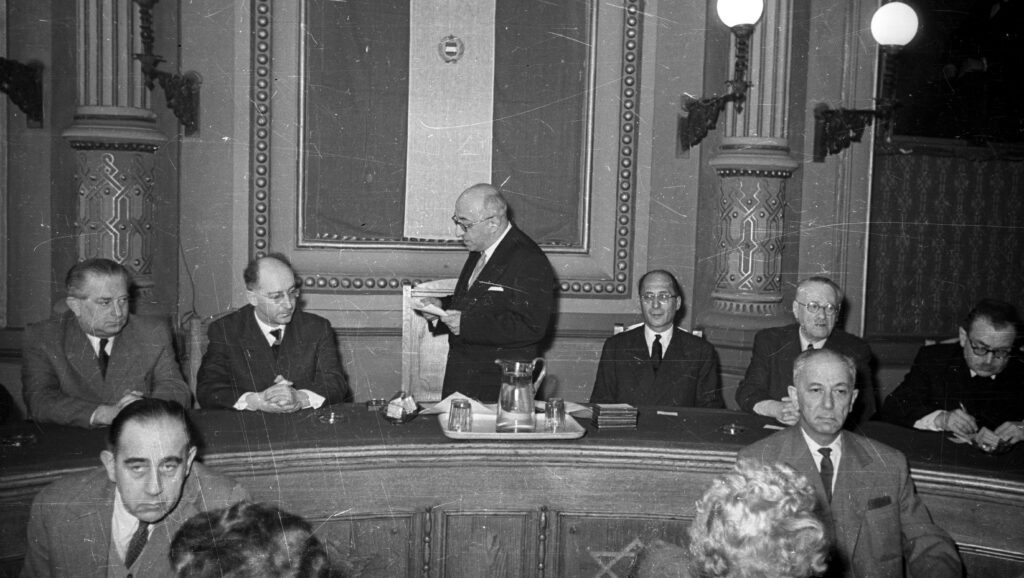
‘Borsa first came to the attention of state security in 1960, and from 1962 onward, he became a target of internal counterintelligence under the code name “Milliomos” (Millionaire). Initially, he was monitored within the group file titled “Együttműködők” (The Collaborators), and later a personal file was opened on him.’
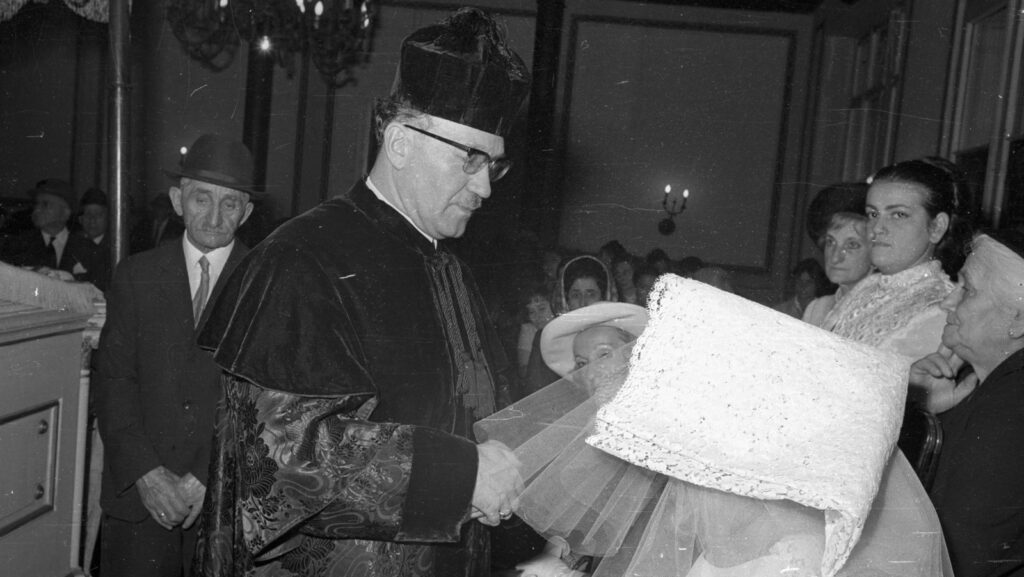
‘There were agents who tried to submit reports as meaningless as possible to avoid harming anyone, while others fully embraced their role as secret informants. “Viola” clearly belonged to the latter category—she seemed to take pleasure in reporting on her friends and acquaintances…’
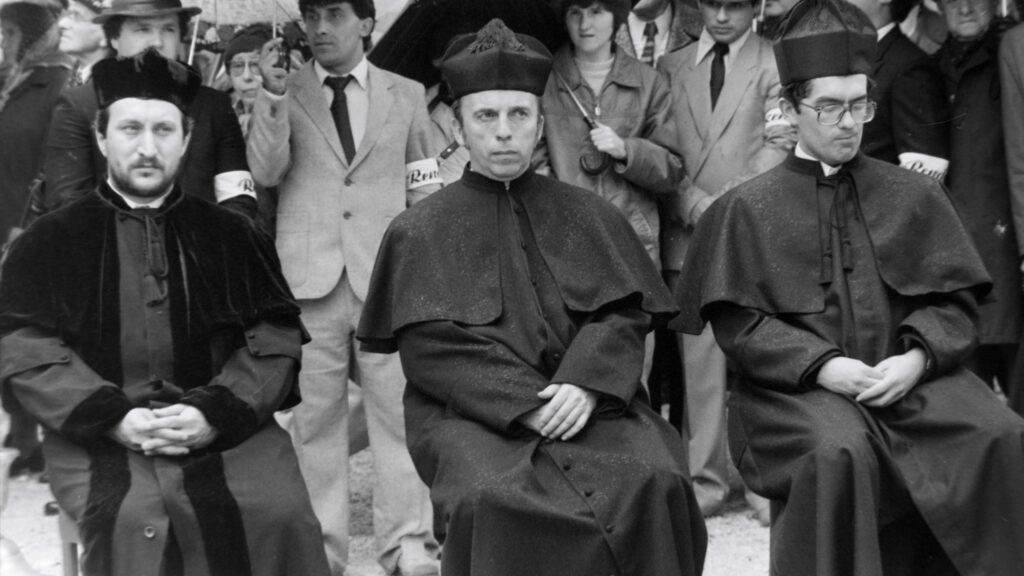
‘According to a letter written five days later, the situation quickly escalated and drew in the emblematic director of the Rabbinical Seminary, Sándor Scheiber…In light of the incident, the leadership of MIOK…turned to Scheiber, requesting in writing that he inform them of the status of the matter within two days.’
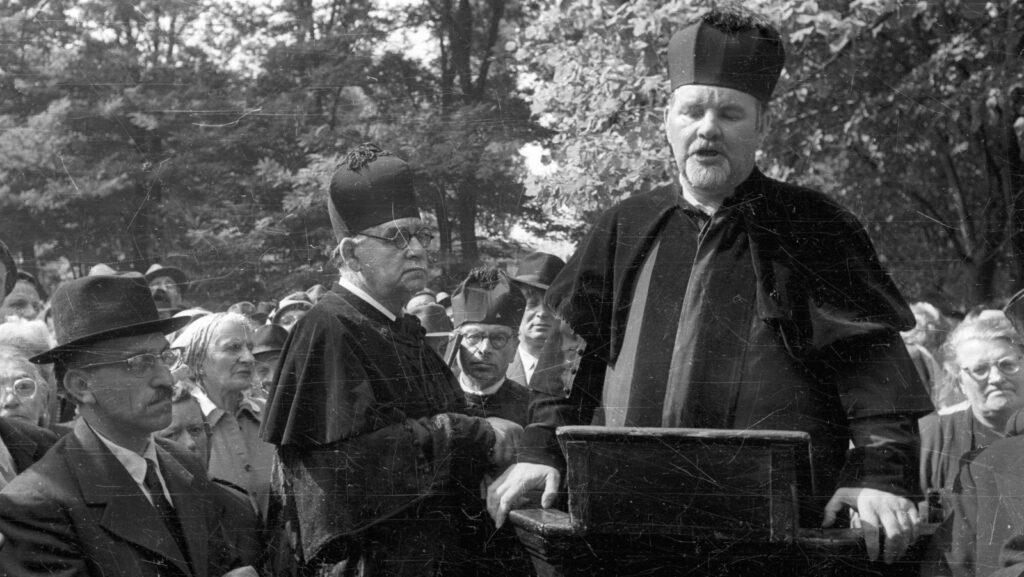
‘As documented in multiple historical works, Salgó was a state security agent codenamed “György Sárvári”, who reported on people he knew, most notably, Sándor Scheiber. While we do not intend to absolve him of his actions, certain documents may help readers gain a more nuanced and comprehensive understanding of the story.’

‘In recent years, articles mentioning this aspect of her life have almost exclusively referenced “Xavér” in this context. While we do not intend to question this moral judgment of her activities as an informant, it is important to recognize that before she became “Xavér”, Benoschofsky was also a victim of the Rákosi regime. Her arrest and interrogation left behind a chilling 284-page dossier.’
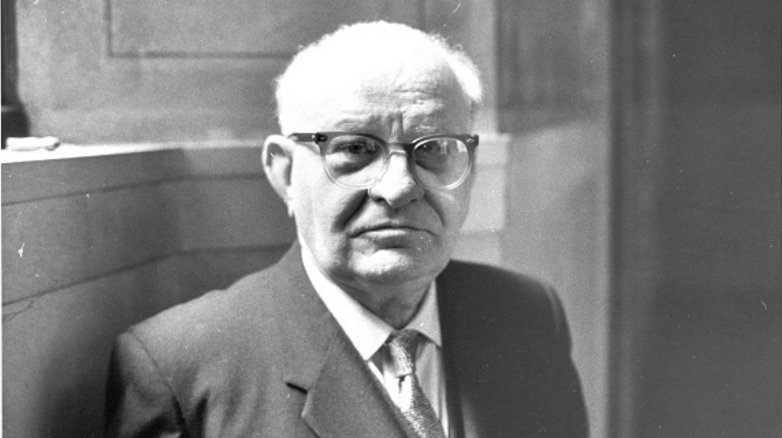
‘Chief Rabbi Béla Berend was considered a black sheep in the history of Hungarian Jewish leadership. His controversial activities within the Budapest Jewish Council during the German occupation and the Holocaust of 1944–45, followed by his trial before the People’s Tribunal, left a mark on his legacy.’ The following article provides some additional details about Berend’s activities in the US.

On 12 September 1949 Eduard Landauer, a well-known figure of the Budapest elite for decades, was arrested. At the trial of the lawyer, who had been accused several times before, his accusers did everything they could to find him guilty. His petition for clemency was rejected and the death sentence was carried out on 27 May 1950.

‘Although Miklós Murányi (Menachem Meron) was an important figure in the post-Holocaust recovery and one of the leading Zionist rabbis of the transitional years, his life story remains relatively unknown. The following presents Murányi’s activities during the transitional years (1945–1950), with particular focus on his writings published in the bulletin edited by the Újpest Jewish community.’
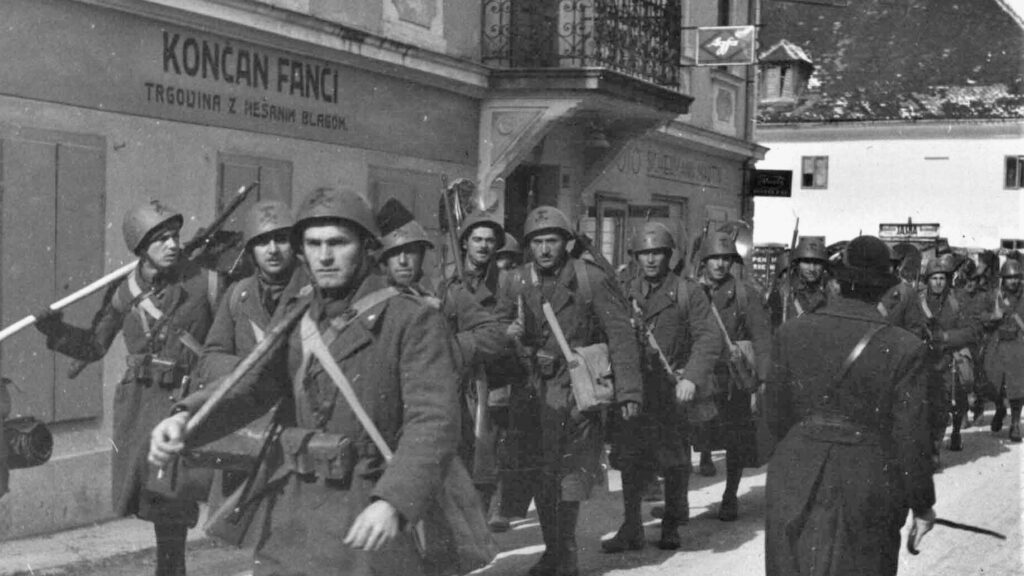
‘Jews, he noted, had been at the forefront of radicalism, yet after four years of senseless bloodshed, they were now viewed as exploiters and capitalists. Assimilation, he argued, was not a viable path, particularly in national minority regions…Therefore, Dohány advocated for radicalism while seeking to establish Jewish cultural life within it.’
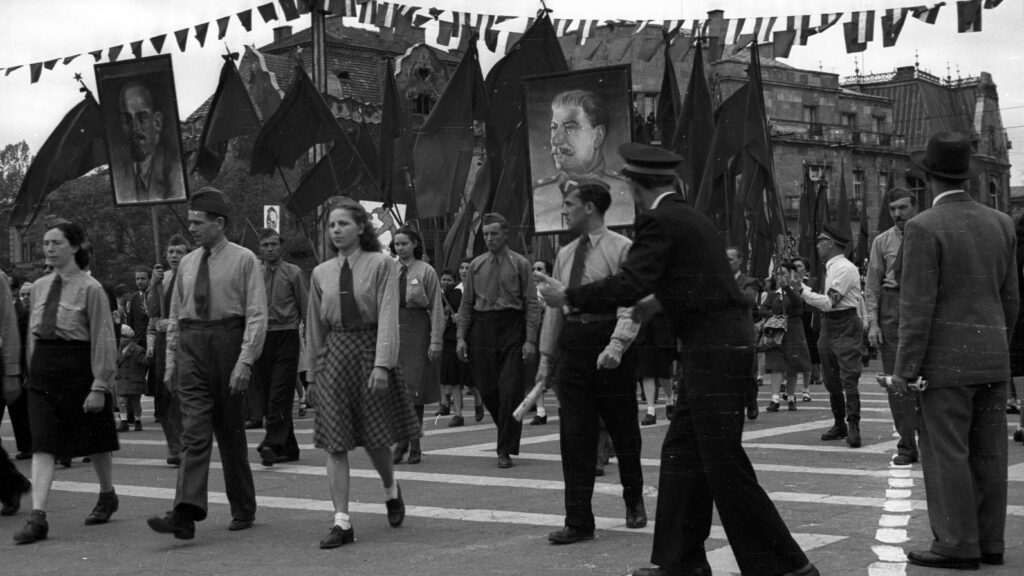
The obituary of László Geréb, who died in 1962, described him as a Marxist literary historian and a researcher of the class struggle. Perhaps by then no one remembered that Geréb, once known as László G. Gerő, used to be a promising Hungarian Jewish Zionist publicist and journalist.
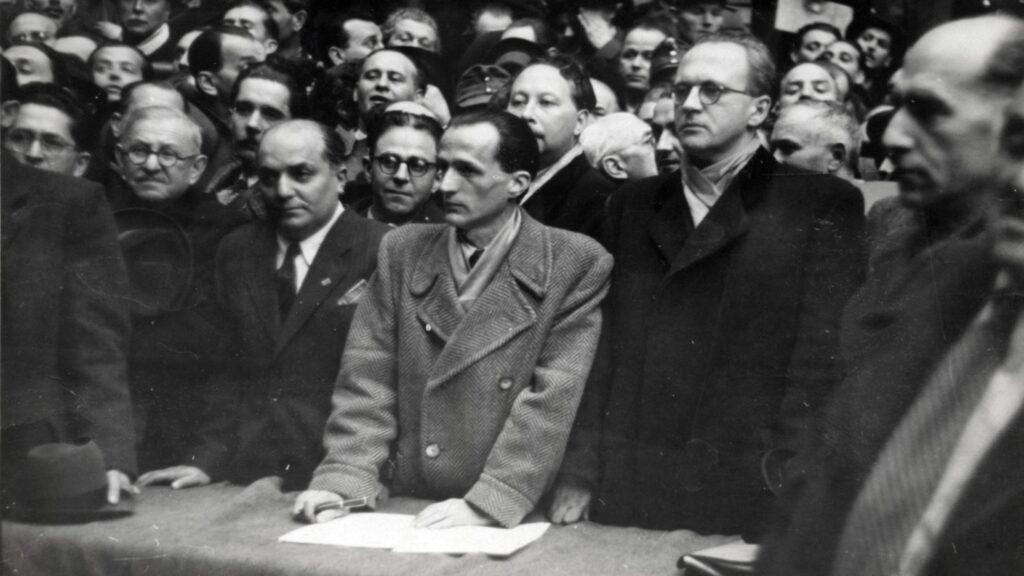
People’s Courts were special judicial bodies in Hungary set up after WWII, operating between February 1945 and 1 April 1950, established primarily for the purpose of prosecuting war criminals. However, they became the controversial instrument of a regime change originally intended to be democratic, sometimes abused to exact personal revenge.

How did a Jewish 1956 revolutionary become an informant in the Kádár regime, even reporting on his own wife? A tragic story with unexpected twists and turns from the era of retaliation after the revolution.
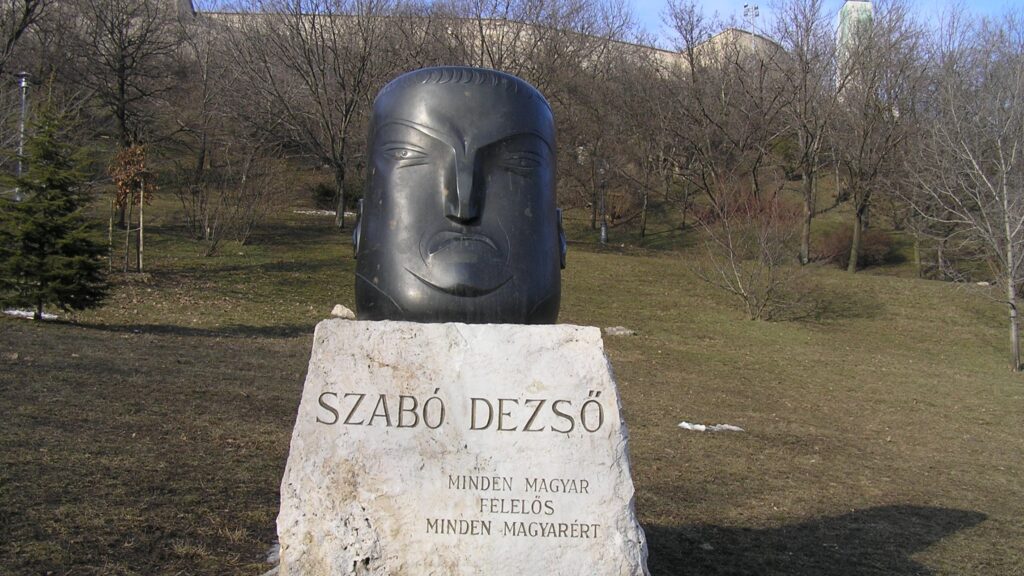
‘Few things better illustrate the antisemitic recycling of certain Jewish concepts than the quote attributed to Dezső Szabó, “Every Hungarian is responsible for every Hungarian.” Of course, a reader with some knowledge of Jewish tradition will immediately recognize the Talmudic origin of this quote: “kol Yisrael arevim zeh bazeh,” which means, “All of Israel are responsible for one another.”’

This little known case of Hungarian Israeli Rabbi Ottó Komlós not only provides insight into how the Hungarian Communist intelligence services viewed Israel’s most important Holocaust museum and its Hungarian employee, but also highlights the clumsiness of the covert activities of Kádár’s state security services in the early 1960s in Israel.
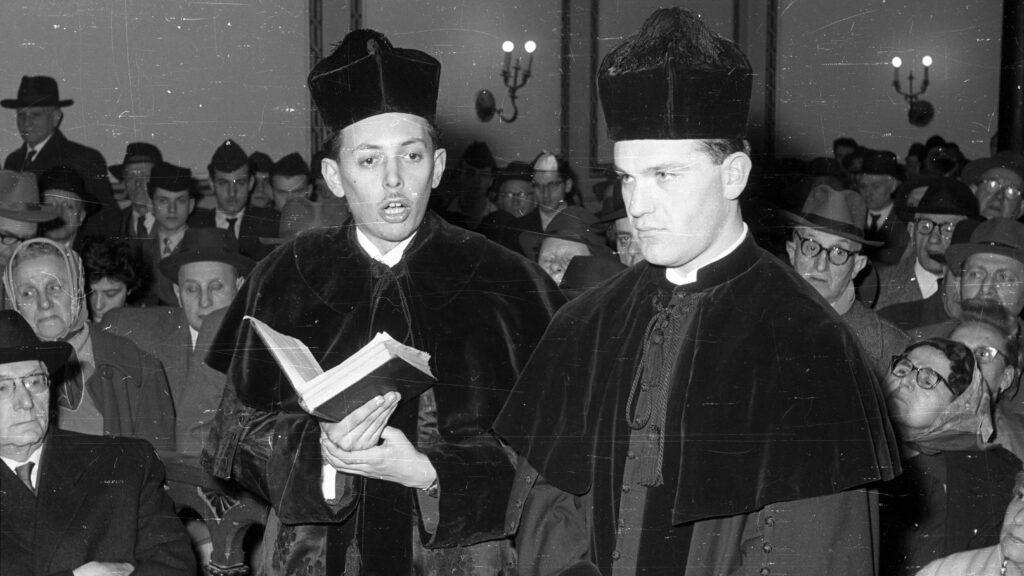
In the 1960s, the Communist Secret Service launched an undercover operation targeting rabbis and Jewish youth who were engaging in Zionist activities. The investigation ended in some young people being handed suspended prison sentences and a 15-year ban on rabbinic activity for Szeged Rabbi Tamás Raj.
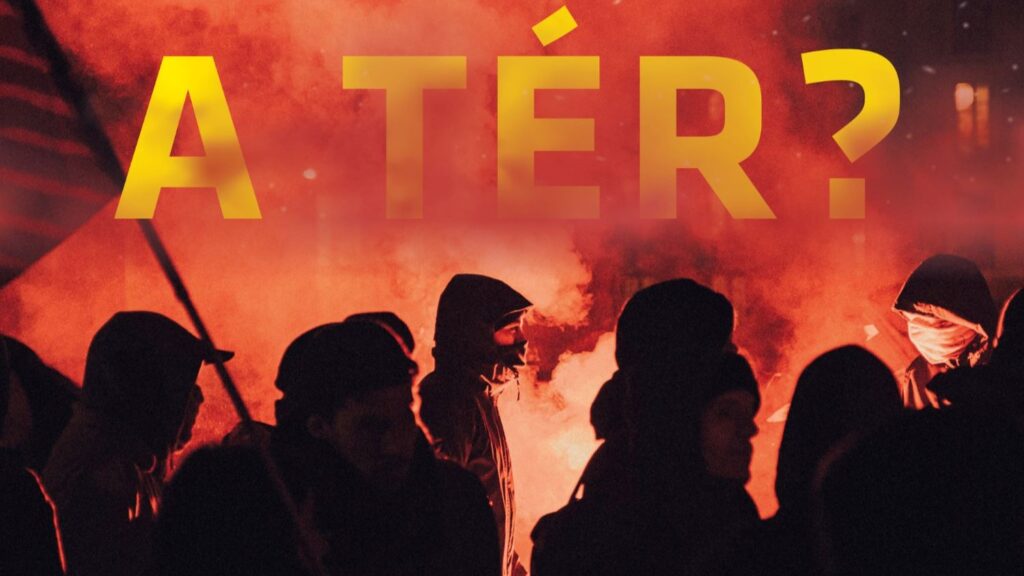
What does a no-go zone mean, and if it is an inaccurate term, what words can we use to describe a well-known reality that few would dare deny since the Amsterdam pogrom and the Hamas protests? The above dilemma is what Viktor Marsai, Omar Sayfo, and Kristóf György Veres try to unravel in their book Whose Space Is It? Parallel Societies and Urban Enclaves in Western Europe, published by MCC Press.
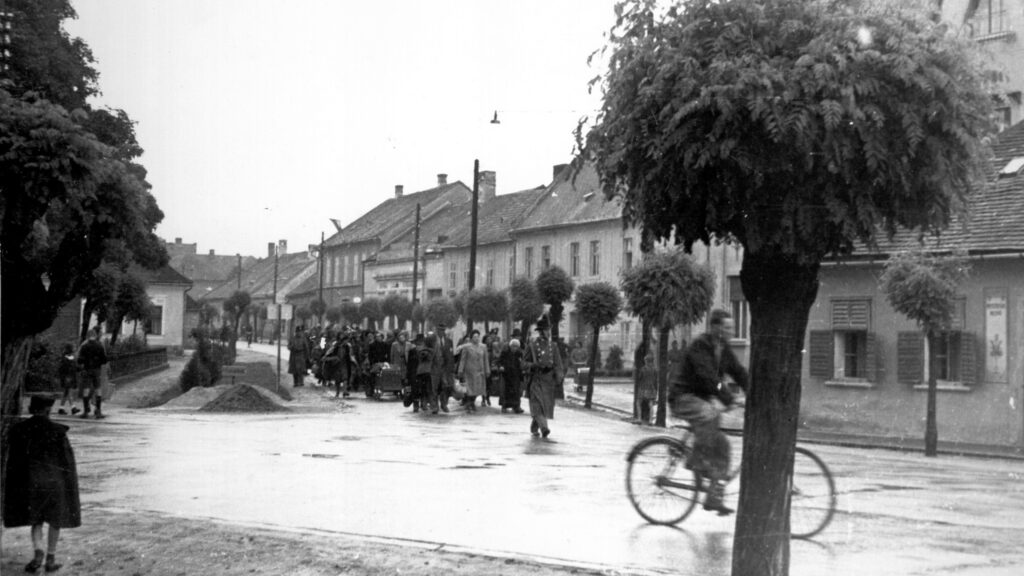
‘Hungarian Jews were generally known for their assimilated and law-abiding nature. By and large, they saw themselves as loyal Hungarian citizens and followed the law of the land to the letter. This was part of a well-rehearsed strategy on the part of their leaders. Between the emancipation of Hungarian Jewry and its nearly complete annihilation, Hungarian Jewish leaders experienced various levels of antisemitism. For most of their history, they could and did turn to the state authorities to ease their suffering. This strategy, useful during the previous decades, turned self-destructive in 1944–45.’

‘According to Dutch intelligence, Iran has used Moroccan Dutch gangsters to eliminate two “enemies of the state” abroad, but it also actively protects clan leaders. Between 2019 and 2021, during the time of the trial of a Moroccan clan chief, a key witness’ brother was killed, followed by his lawyer and finally a crime reporter who was covering the case. And what about antisemitism? Dutch Jews have been sounding the alarm for years.’

‘Mass immigration has changed the face of Europe. This is not to say that all immigrants are evil, but we would be blind to ignore the growing social, ethnic and religious tensions and security challenges that mass migration has brought to Europe in recent decades. As many have pointed out several times, one of the first victims of this is European Jewry.’

‘An important element of Viktor Orbán’s governance is that he knows Hungarian history and has learned from its mistakes. He does not want to repeat the sins committed by the historic Hungarian state during the 20th century. Hungary’s vision has thus not been blinded by the anti-Zionism of woke ideology, and it is able to recognize that Israel is the bastion of democracy and human rights in the Middle East, while successfully holding on to its religious and national traditions.’

‘Is it any surprise that the recent Dutch national elections were won by Geert Wilders’ Freedom Party? Is it surprising that the Dutch are fed up with uncontrolled—and, frankly, uncontrollable—immigration? Who would want to live in a country where there are about three bomb attacks every day? Who would want to run a business or open a shop in such a country? Make no mistake: this is the future from which Orbán is trying to save Hungary.’

‘Although the seemingly insurmountable challenge of these rapid changes may make us justifiably depressed, we need to think about the future of our children. Although they didn’t choose these changes, it is their lives that will be shaped by the processes that are starting now. It is up to us to make our voices heard—and the EP and Hungarian municipal elections will be a good opportunity to do so.’

‘The progressive side has created a “Jewish question”. The left has discovered the concept of race, merged it with other dimensions of oppression (class, gender), and now they have made the Jews into a new oppressive caste alongside Christian Protestants. After 1967 they focused only on “Zionists” and “Israelis”; now the Jews of the diaspora are the opponents. They don’t even hide their intentions, attacking synagogues, looking for “enemies” who “look Jewish” in the classrooms and in the corridors. The attacks have nothing to do with Israel: they are intended to intimidate the Jewish American community.’

‘Our continent is effectively under siege—we can see that if we are willing to move away from the narratives that interpret migration solely as a ‘refugee issue’ and acknowledge that mass migration can also be a tool for terrorism and destabilization. The number of irregular migrants arriving in the Canary Islands more than tripled in January this year compared to the previous year. Germany is overwhelmed. Reception capacity was already exceeded in 2023, when 330,000 asylum applications were submitted in just a year, mostly from Muslim countries.’

Gábor Deutsch, the staunchly anti-communist Chief Rabbi of Devecser, wrote a study on Judaism and Bolshevism published in 1937 in which his aim was ‘to prove, point by point, that the classical revelations of the Jewish religious ethos, the Scriptures and the Talmud are opposed sharply to the basic doctrines of Bolshevism’. On 4 July 1944 he was transported to Auschwitz, from where he never returned.

Many examples of resistance to the Nazis were cited by the national committees after the Soviet occupation, in the people’s prosecutors cases and the people’s tribunal cases as well. These materials still need to be explored by Hungarian historians.

In this article, historian László Bernát Veszprémy recounts the story of three Israeli prime ministers who resigned as a result of military debacles that happened under their leadership.

The booklet takes an in-depth look at the European phenomenon of migration, from the number of border crossings and the attitudes of the Hungarian society towards immigration to the V4 and their stance on migration. It also delves into the situation Mediterranean EU Member States find themselves in the current crisis, as well as the role of Turkey in tackling the migration waves and the security challenges posed by them.

Israel has not only released many prisoners in the past in exchange for living soldiers, such as Gilad Shalit in 2011, but the abduction of Israeli corpses has also proven to be a ‘fruitful venture’ for terrorists. In the Jewish religion, dead bodies are highly revered, and attempts are always made to bury them as soon as possible.
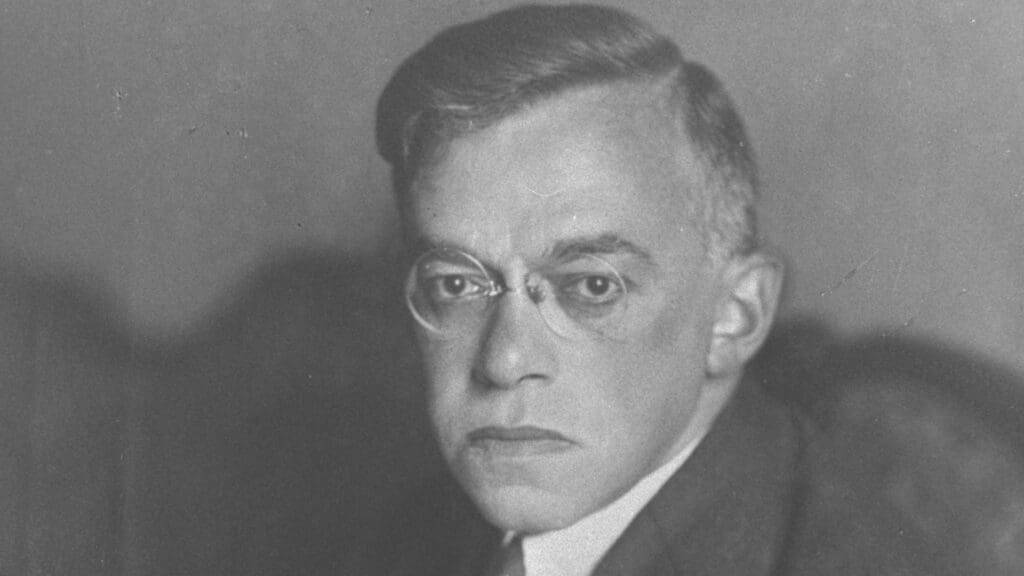
Jabotinsky was an old-fashioned nineteenth-century national liberal and a committed democrat, but it is still a matter of debate whether the same can be said of his supporters. The Zionist writer described his early worldview as ‘liberal anarchy’ in which ‘every individual is [worth as much as] a king’. The free market, freedom of the press, equality for women and respect for minority rights were fundamental tenets of his thinking. But there is good reason why there is an intense historiographical debate concerning Jabotinsky’s views.